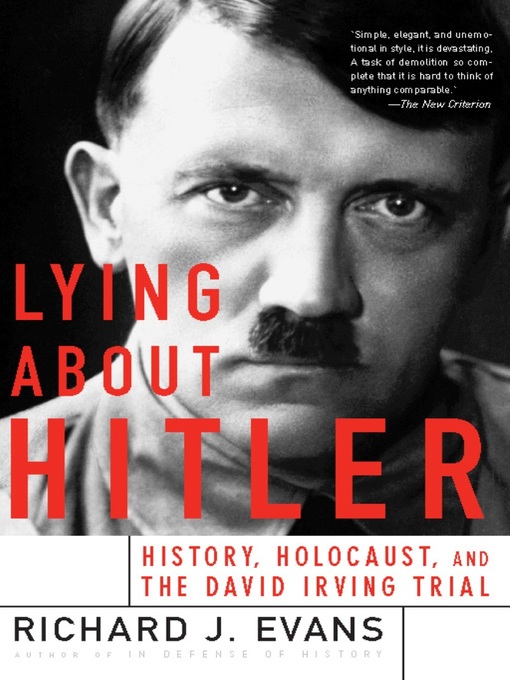- Available now
- New audiobook additions
- Most popular
- Audiobooks for the Whole Family
- Great Narrators
- See all
-
Description
-
Details
-
Reviews

Kindle Book
- Release date: August 4, 2008
OverDrive Read
- ISBN: 9780786723782
- Release date: August 4, 2008
EPUB ebook
- ISBN: 9780786723782
- File size: 604 KB
- Release date: August 4, 2008

Loading
